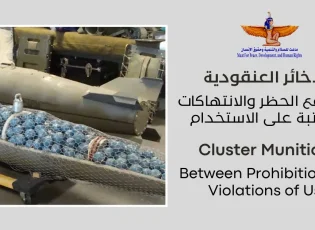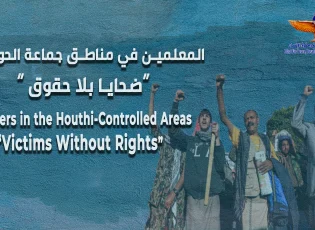Essam El Din: Solidarity and partnerships are the primary tools for achieving gender equality in Africa
Laouiti: Integrating the gender dimension within African civil society institutions has become a pressing necessity
Al-Jaafari: we recommend African governments to amend their laws in line with the Protocol to the African Charter on Human and Peoples’ Rights
Mene: we call for providing a conducive environment for women's engagement in the decision-making positions in South Africa
In the context of the observation of Africa’s Women's Day and as a reminder of Africa’s efforts to achieve political freedom and advance the social and economic status of women in the continent, Maat takes the opportunity to stress the vital role played by African women in developing a positive African identity. Yesterday, July 31, 2022, Maat for Peace, Development and Human Rights organized a webinar to assess the promotion of gender equality; evaluate the role of women at all political and developmental levels in three African countries: Tunisia, South Africa and Sudan; address the challenges they face now and figure out ways to overcome them.
Pasant Essam El-Din, deputy director of the Sustainable Development Unit at Maat, opened the session by stressing the remarkable progress made in the context of empowering girls in Africa while raising the various challenges and obstacles that continue to undermine these efforts. These challenges do not only deprive African women of enjoying their full rights but also restrict their ability to withstand conflicts as well as recover and grow. Real and effective progress requires more solidarity and partnerships to achieve gender equality in Africa.
Speaking about the promotion of gender equality in Tunisia, Farah Al-Ouiti, a law specialist and a researcher at the Intersection Association for Rights and Freedoms (IARF) in Tunisia, affirmed the importance of including the perspective of girls and young women in gender-sensitive laws, policies, standards, and societal practices in Africa. She also called for more networking among all civil society institutions led by women across all African regions.
As for Sudan, Asia al-Jaafari, the executive director of the Azza Center for Professional Media, stressed that despite the currently unstable transitional period in Sudan, there have been remarkable developments, especially in terms of the political empowerment of Sudanese women, whose role has been evident in the peaceful demonstrations calling for the establishment of a civil state where women can enjoy their full rights. However, there remain various challenges impeding the full realization of laws. Therefore, we call on African governments to amend their laws and adapt them to be in line with the Protocol to the African Charter on Human and Peoples' Rights and the International Convention on the Elimination of All Forms of Discrimination against Women.
Qhawe Mene, head of Governance, Peace and Security Affairs at the Southern Africa Youth Forum (SAYoF), concluded with her statement on the status of women in South Africa, especially in light of the recent developments at the political level. Appointing women to half of South Africa’s ministerial posts has ranked the region among the few ones that were able to achieve gender equality at the governmental level. Mene called on the remaining governments of South Africa to provide a conducive environment for women's participation in economic strategies and political decision-making positions.
Notably, Maat is deeply interested in sustainable development given its capacity as North Africa Coordinator at the NGO Major Group for Africa of the United Nations Department of Economic and Social Affairs (UNDESA) and a Member of the General Assembly of the AU Economic, Social and Cultural Council (ECOSOCC). Moreover, Maat holds an observer status at the African Commission on Human and Peoples' Rights.











